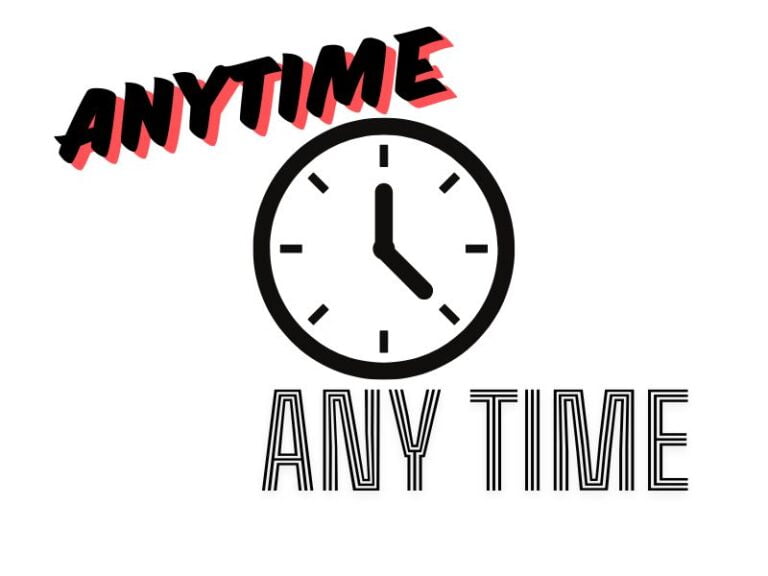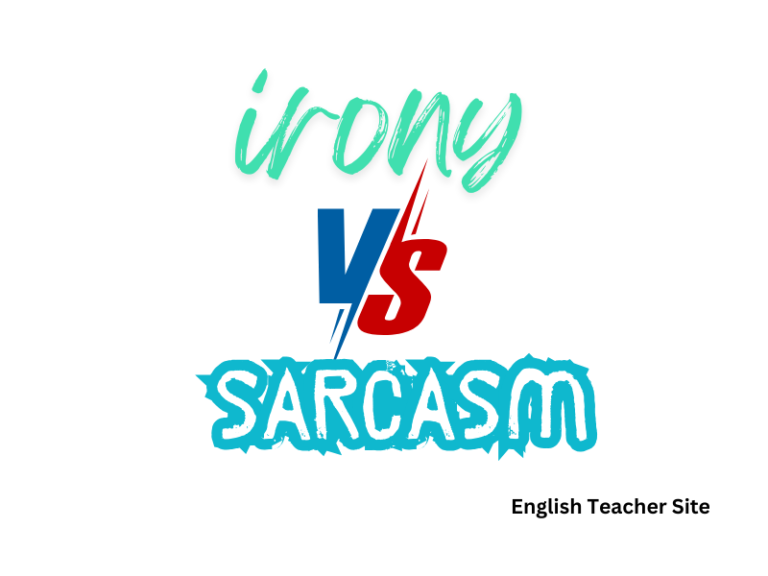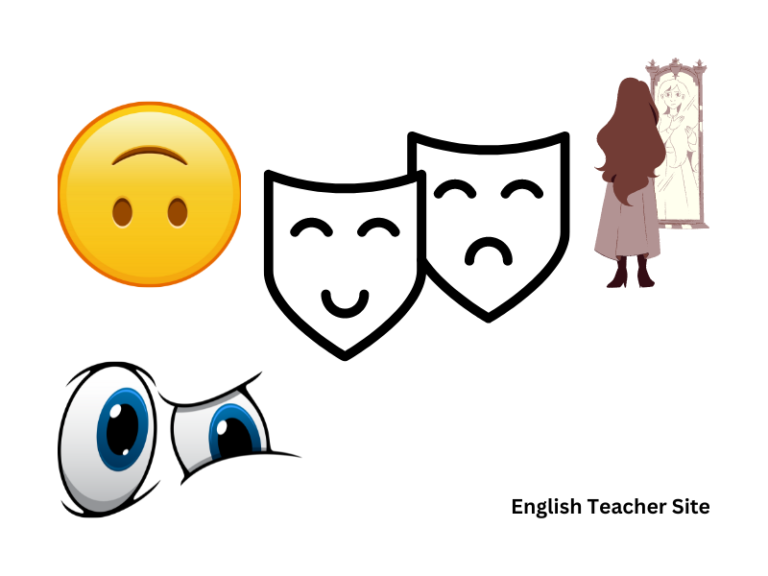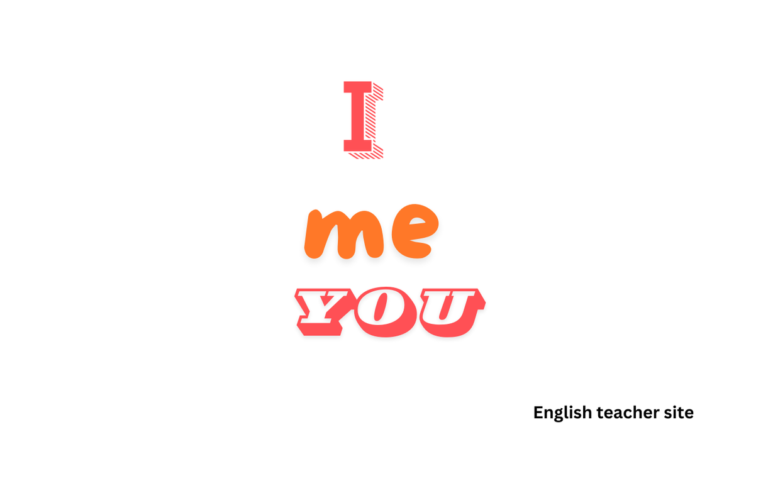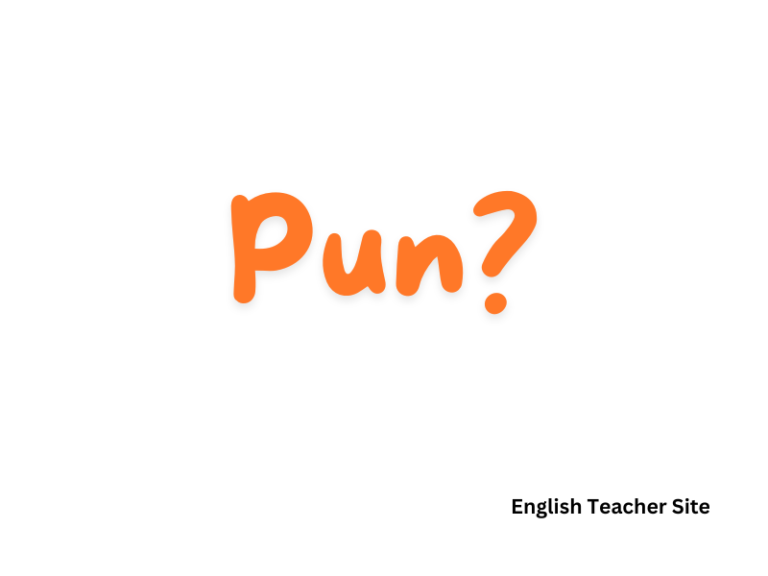When to Use Averse vs Adverse: The Difference Explained Clearly
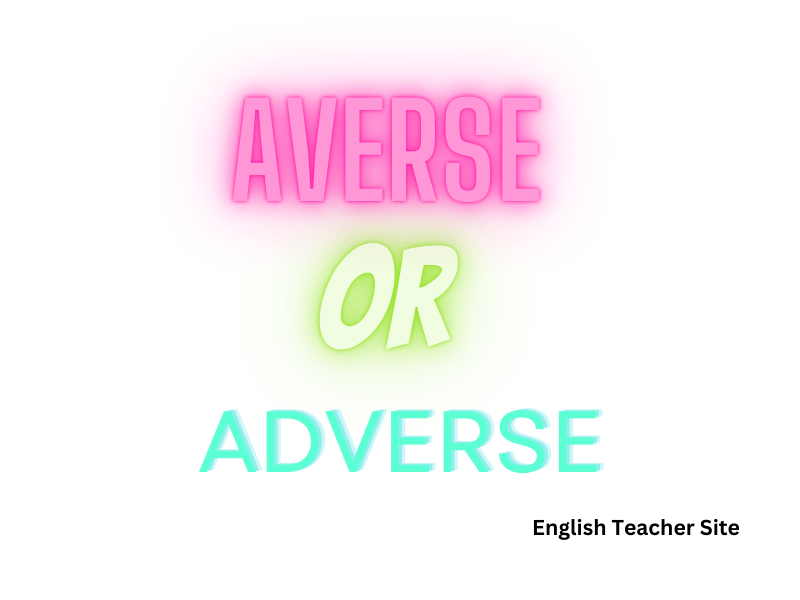
- “Averse” is used to describe a personal opposition or reluctance.
- “Adverse” refers to harmful or unfavorable conditions or effects.
- They are not interchangeable and should be used in their appropriate contexts.
“Averse” typically refers to a feeling of strong opposition or disinclination towards something. It is applied when describing people’s feelings or attitudes. For instance, one might be averse to taking risks or trying new foods. On the other hand, “adverse” relates to something harmful or unfavorable and is generally used to describe situations, events, or conditions, such as adverse weather conditions or adverse effects of a drug. The distinction is clear: “averse” describes a personal sentiment, whereas “adverse” characterizes external circumstances.
Differentiating “Averse” and “Adverse”: What’s the Difference?
“Averse” is employed to depict a person’s feeling of opposition towards something, suggesting a strong dislike or reluctance. It is usually followed by the preposition “to.” Meanwhile, “adverse” describes conditions or outcomes that are unfavorable and can create obstacles or complications; it does not describe feelings.
Here are two tables summarizing the differences:
| Averse | Adverse |
|---|---|
| Pertains to feelings | Pertains to conditions |
| Used with people | Used with situations or things |
| Followed by “to” | Not followed by “to” |
| Implies reluctance or dislike | Implies harmfulness or opposition |
For example:
- She is averse to smoking.
- The project faced adverse weather conditions.
- Use averse to describe a person’s opposition.
- Use adverse when indicating unfavorable conditions.
Interchangeability: Can ‘Averse’ and ‘Adverse’ Be Used Similarly?
Averse generally pertains to feelings of reluctance or opposition. It’s used to describe a person’s feelings towards something:
- She is averse to smoking.
- They were averse to the idea of moving.
On the other hand, adverse refers to something harmful or unfavorable and is typically used to describe conditions or outcomes:
- The project suffered from adverse weather conditions.
- He experienced adverse effects from the medication.
Table 1: Contextual Usage of ‘Averse’ and ‘Adverse’
| Averse (Reluctance) | Adverse (Harmful) |
|---|---|
| emotional response | a condition or occurrence |
| describes a disposition | describes situations/effects |
| personal inclination | external factors |
To illustrate further, here are instances showcasing their interchangeability—or lack thereof:
- Incorrect: He was averse to the storm.
- Correct: He faced adverse weather during the hike.
Incorrect: There were adverse opinions on the new policy.
- Correct: There was strong aversion to the proposed changes.
Table 2: Non-interchangeable Scenarios
| Non-interchangeable: Averse Usage | Non-interchangeable: Adverse Usage |
|---|---|
| Incorrect: She is averse to side effects. | Correct: She is concerned about adverse side effects. |
| Incorrect: Their decision was influenced by averse trends. | Correct: Their decision was influenced by adverse trends. |
Determining When to Use ‘Adverse’ vs ‘Averse’
Adverse is typically used to describe something harmful or unfavorable, often relating to conditions or effects. For example:
| Adverse | Example Sentence |
|---|---|
| Unfavorable conditions | The expedition was delayed due to adverse weather. |
| Detrimental effects | The new drug has no known adverse side effects. |
On the other hand, averse is used to describe a feeling of opposition or strong dislike, typically relating to a person’s feelings. Here are clear instances:
| Averse | Example Sentence |
|---|---|
| Feeling of opposition | She is averse to taking risks in her business ventures. |
| Disinclined attitude | They are not averse to the idea, but they need more information. |
Remember the following key points:
- Adverse:
- Connected with negative effects or situations.
- Usually applies to conditions or things, not people.
- Averse:
- Indicates a feeling or attitude of opposition.
- Typically describes a person’s emotions or stance.
To ensure proper usage, keep these distinctions in mind:
- If the subject is a person and their sentiment: use averse.
- If the context includes harmful conditions or detrimental effects: use adverse.
Examples of Sentences Utilizing ‘Adverse’
- External Factors:
- The expedition was canceled due to adverse weather conditions.
- Farmers are often affected by adverse market conditions.
| Context | Example Sentence Using ‘Adverse’ |
|---|---|
| Medical | Prolonged exposure to harsh chemicals may cause adverse reactions. |
| Legal | The defendant faced adverse consequences for his actions. |
- Consequences and Effects:
- Investors anticipate adverse effects on the stock market amidst political unrest.
- A mistake in the lab can lead to adverse outcomes in the research findings.
In literature, ‘adverse’ can also denote circumstances that pose challenges or difficulties for characters.
- Literary Use:
- Adverse circumstances forged his character more than peaceful times ever could.
- Her tenacity in the face of adverse events was truly inspiring.
Examples of Sentences Demonstrating ‘Averse’
Here are some sentences that demonstrate how to use ‘averse’ correctly:
| Situation | Sentence Using ‘Averse’ |
|---|---|
| Personal Preference | She is averse to the idea of skydiving due to her fear of heights. |
| Business Decisions | They are averse to taking risks that could potentially harm the company’s reputation. |
In each of these sentences, ‘averse’ is linked to human emotions and decisions related to personal inclination or caution. Here are additional examples:
- While he loves seafood, he is averse to trying raw oysters.
- The investor was averse to any options that didn’t guarantee a quick profit.
- She is not averse to working late when the project deadlines are approaching.
- Personal Tastes:
- He is averse to spicy foods due to his mild palate.
- They were not averse to the idea of a vegetarian diet.
- Professional Context:
- The manager is averse to implementing changes without thorough research.
- As an environmentally conscious company, they are averse to using non-recyclable materials.
Synonyms for ‘Adverse’
General Circumstances:
| Synonym | Usage |
|---|---|
| Hostile | Often used to describe oppositional forces or environments |
| Inimical | Indicates something particularly harmful or unfriendly |
| Unfavorable | Suggests overall negative circumstances |
Conditions or Effects:
| Synonym | Usage |
|---|---|
| Detrimental | Implies causal harm to something or someone |
| Deleterious | Used to describe subtle yet harmful effects |
| Harmful | Straightforward term for something causing damage or injury |
- The company faced hostile market conditions, which threatened its profitability.
- Their plans were met with an inimical response from the committee, suggesting deep-seated opposition.
- Investing without proper research can lead to unfavorable outcomes for individual investors.
- Detrimental eating habits can contribute to long-term health issues.
- The deleterious effects of pollution on ecosystems are well-documented.
- Manufacturers must consider potentially harmful chemicals in consumer products.
Synonyms for ‘Averse’
Some synonyms relate closely to the sentiment of being ‘averse’, implying a reluctance or disinclination. These include:
- Loath
- Reluctant
- Disinclined
- Unwilling
| Synonym | Usage in a Sentence |
|---|---|
| Loath | She was loath to spend the money on a new car, preferring to save for a vacation. |
| Reluctant | Despite the clear benefits, they were reluctant to change the established procedure. |
| Disinclined | Even though it was a sunny day, he felt disinclined to leave the comfort of his home. |
| Unwilling | The cat was unwilling to move from its cozy spot by the fireplace. |
Other synonyms convey a strong moral or personal objection, often used in discussions about preferences or beliefs:
- Opposed
- Resistant
- Antipathetic
| Synonym | Usage in a Sentence |
|---|---|
| Opposed | They were strongly opposed to the new development plans that would destroy the local park. |
| Resistant | The community was resistant to the proposed changes in school policy. |
| Antipathetic | She is antipathetic towards modern art, finding it hard to appreciate the abstract concepts. |
Unveiling the Origin of ‘Adverse’
Originating from the Old French word “advers”, which stemmed from the Latin “adversus”, this term intrinsically means “turned against.” Its journey into Middle English solidified its use in contexts implying opposition or hostility.
Etymological Breakdown
| Latin Origin | Old French Development | Middle English Adoption |
|---|---|---|
| adversus | advers | adverse |
Adversus itself is a compound of the prefix ad-, meaning “to” or “towards,” and the verb vertere, meaning “to turn.” Thus, by its very construction, the word conveys a turning towards or facing something, often with confrontational implications.
Historical Usage
- Initially: used to denote physical orientation
- Evolution: began to suggest figurative opposition or antagonism
- Modern Times: largely applied in contexts such as “adverse effects” or “adverse conditions”
The semantic shift from spatial to metaphorical occurred over centuries, with the early legal and maritime usages influencing its negative connotation. These fields often discussed adverse parties or adverse winds, embedding a sense of challenge into the term’s fabric.
The word adverse retaining its meaning through centuries emphasizes the resilience of language and its capacity to carry historical contexts into modern usage. Thus, when one encounters adverse circumstances, they are facing conditions diametrically opposed to favorable outcomes, with this opposition echoing the battles and navigational struggles of historical usage.
Exploring the Origin of ‘Averse’
Table 1: Etymology of ‘Averse’
| Language | Word | Meaning |
|---|---|---|
| Latin | aversus | Turned away, back |
| French | avers | Having a dislike of |
| English | averse | Opposed, disinclined |
In contemporary English usage, ‘averse’ is utilized to describe a person’s feelings of strong opposition or disinclination toward something. For instance:
- She is averse to risk.
- They are not averse to trying new foods.
Table 2: Contemporary Usage of ‘Averse’
| Subject | Orientation | Example Sentence |
|---|---|---|
| Person | Disinclined | He is averse to change. |
| Group | Opposed | They are averse to the idea. |
Through the centuries, ‘averse’ has retained its application mainly to individuals or groups and their feelings, rather than to inanimate objects or events. Its steadfast usage points to the specificity with which English speakers and writers have employed the term to best capture the sentiment of opposition without suggesting direct harm or conflict, distinguishing it clearly from its often-confused counterpart, adverse.
Sources
1. Harper, Douglas. “Etymology of adverse.” Online Etymology Dictionary.
2. Harper, Douglas. “Etymology of averse.” Online Etymology Dictionary.
My name is Khamis Maiouf. I am the creator of the English Teacher Site, dedicated to providing valuable resources and insights for students around the world. With a passion for education and a commitment to helping students enhance their skills, I aim to make English teaching more effective and enjoyable for both educators and students.

